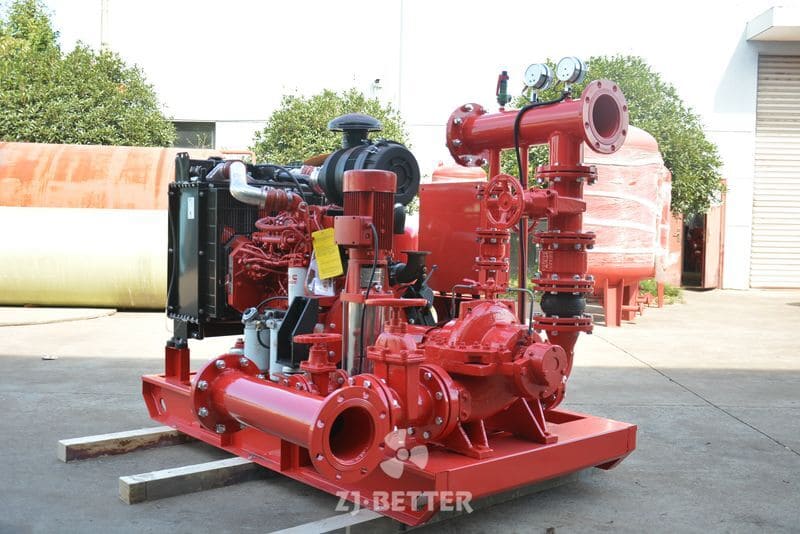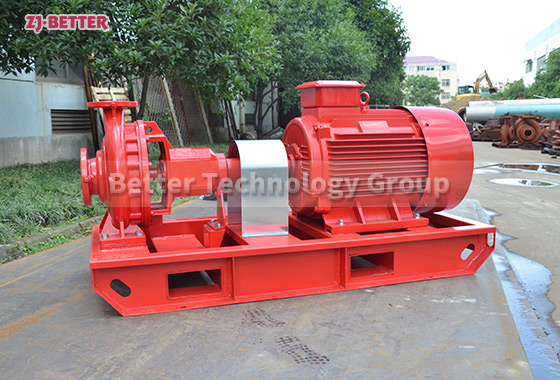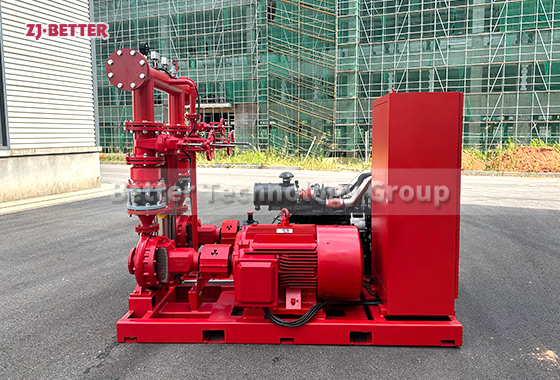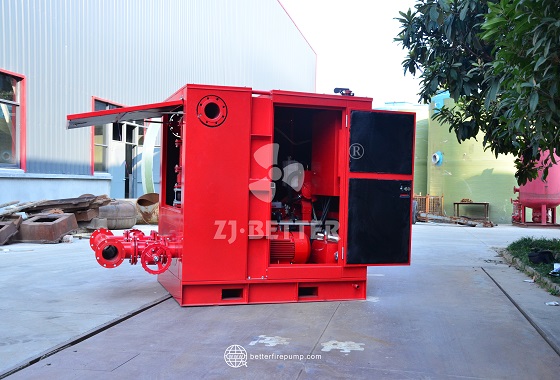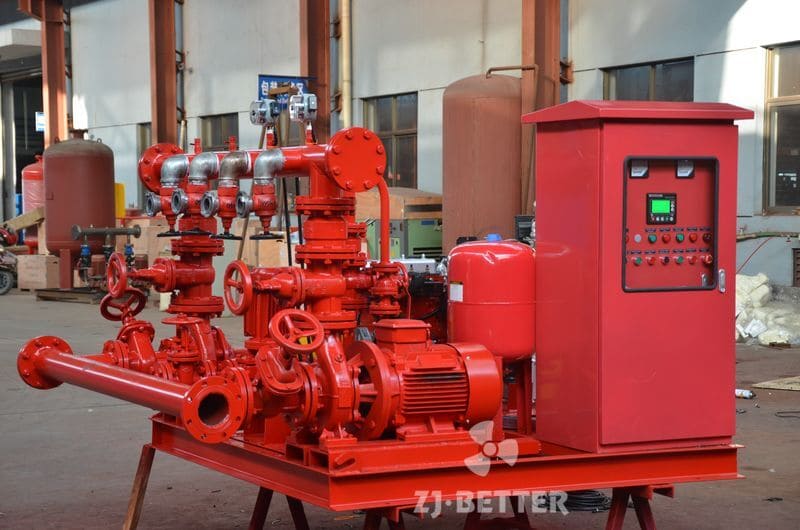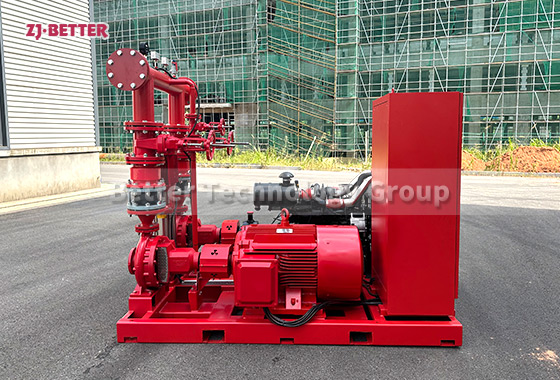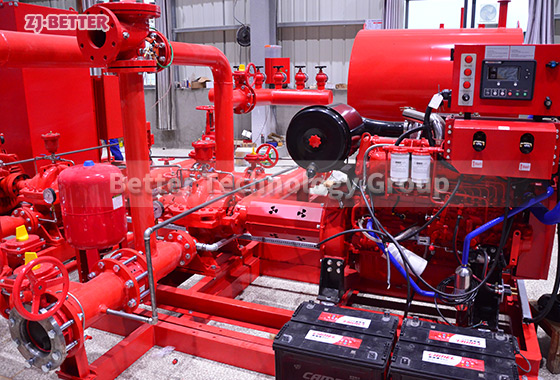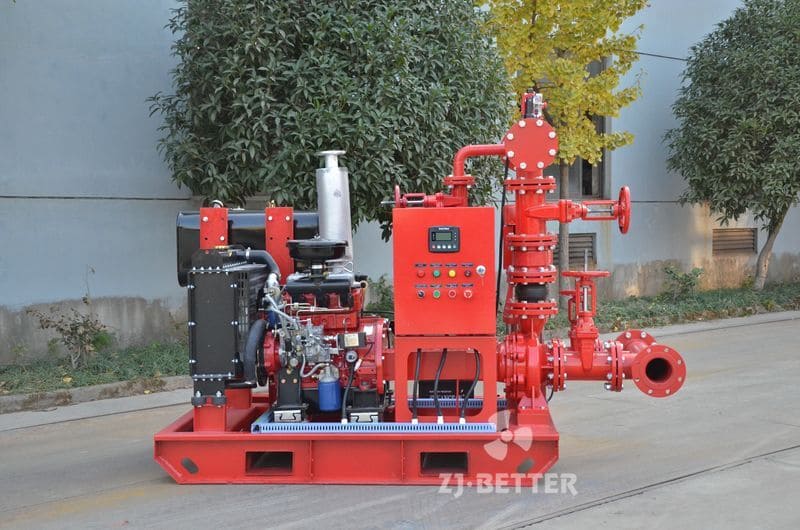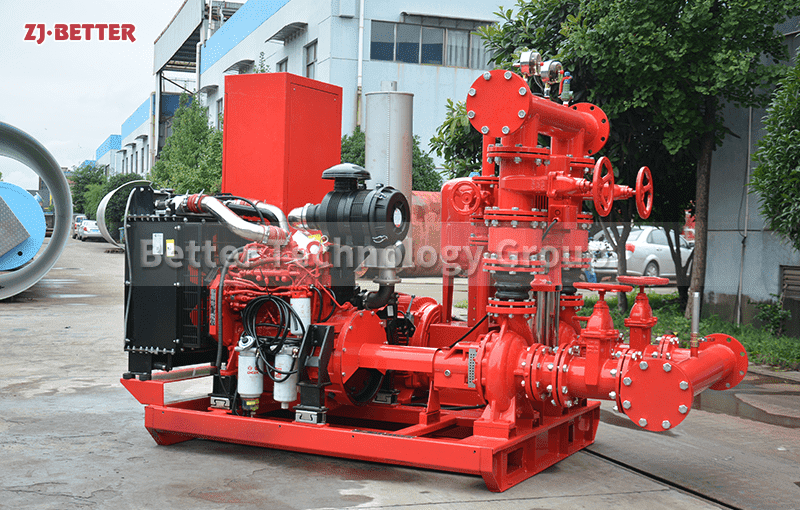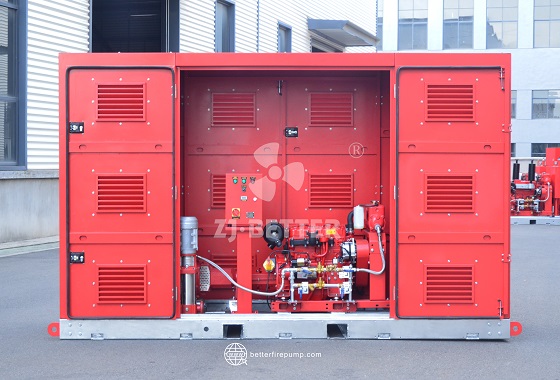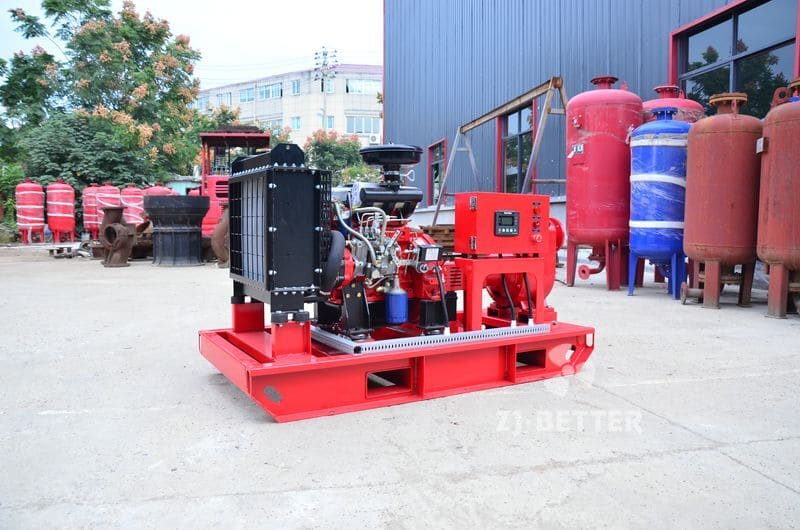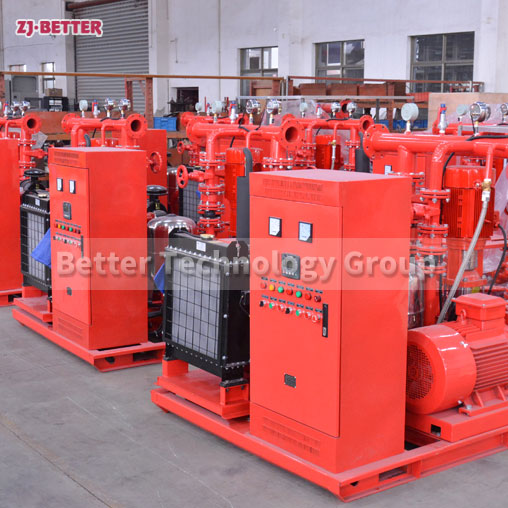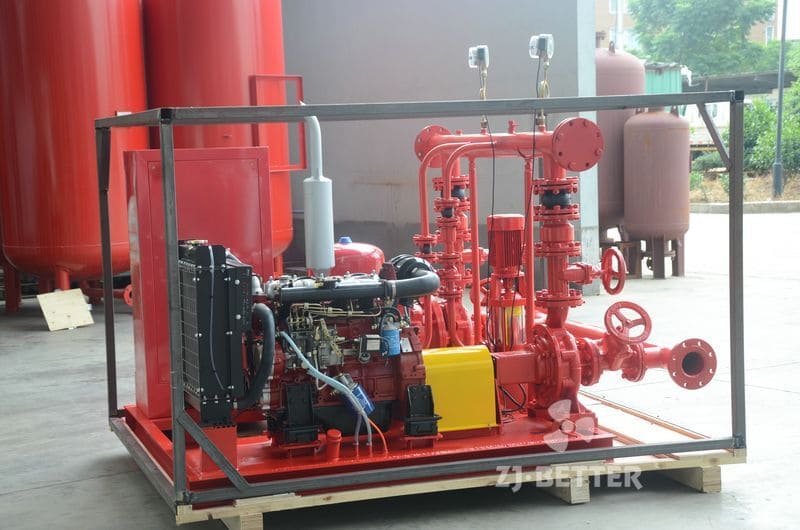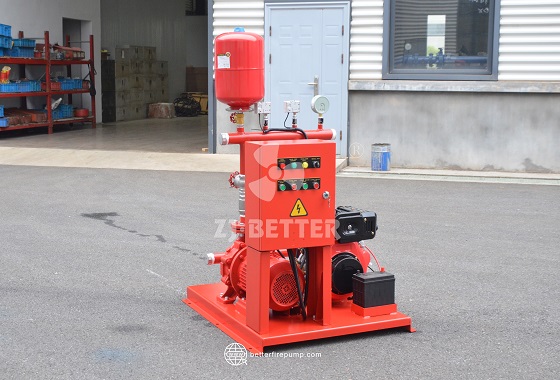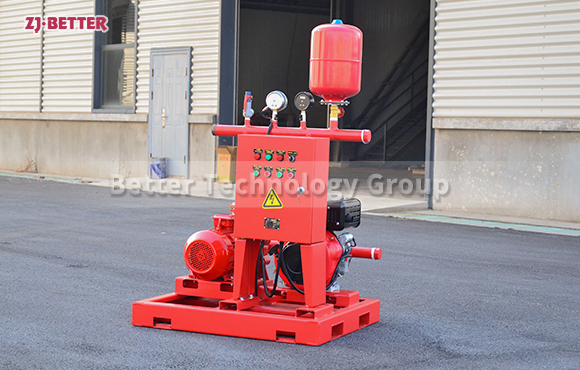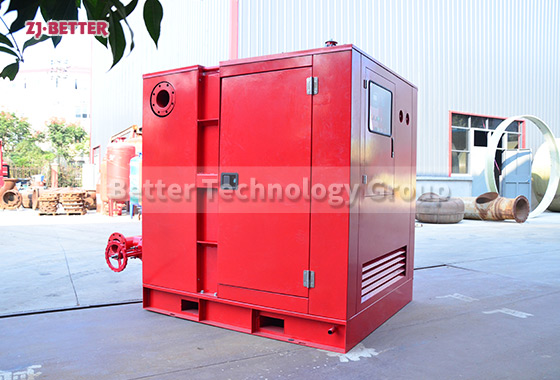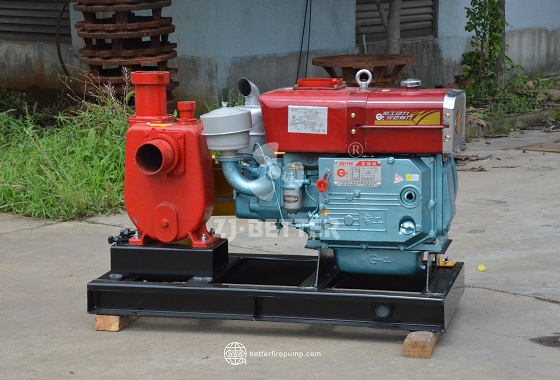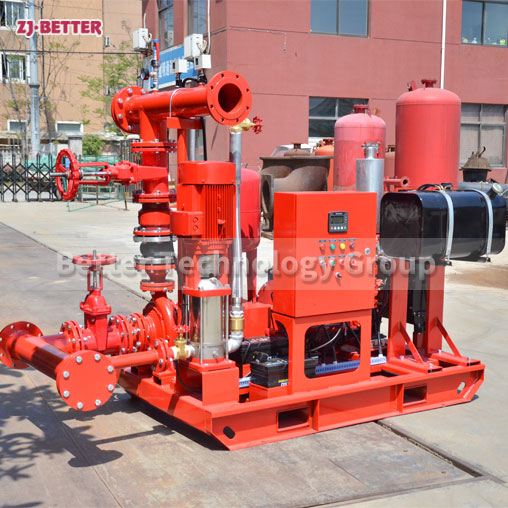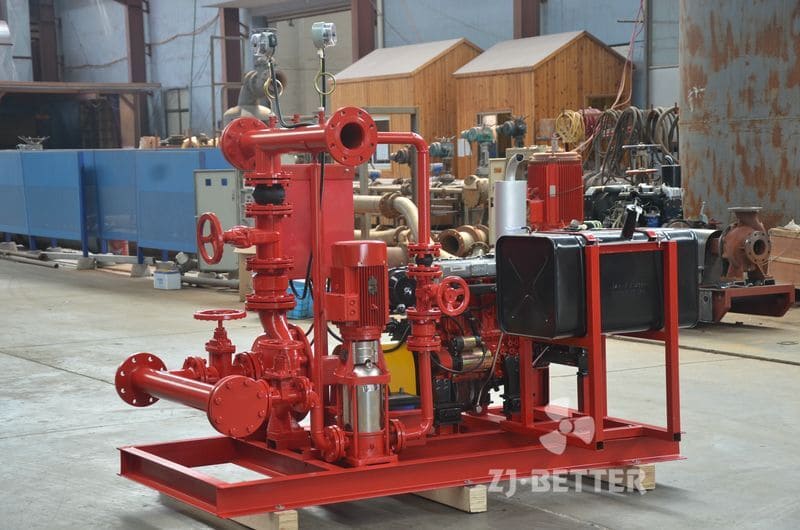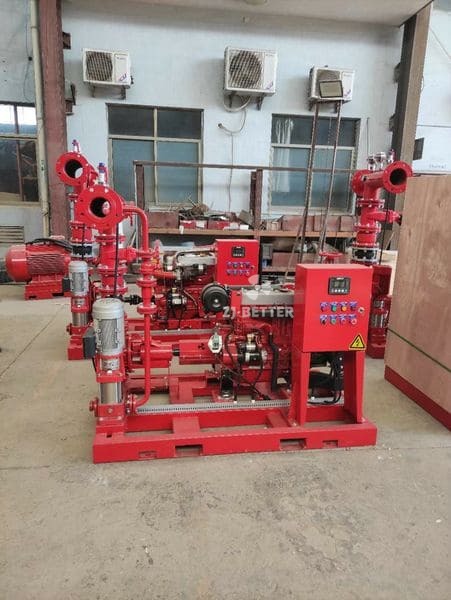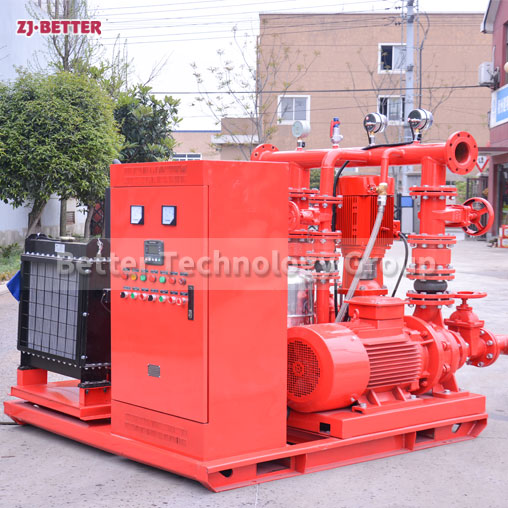Home » Fire Pump Set » How can you optimize fire pump systems for energy efficiency?
How can you optimize fire pump systems for energy efficiency?
Optimization strategies include:
Variable Frequency Drives (VFDs): Implement VFDs to adjust the pump speed based on demand, reducing energy consumption during low-demand periods.
Efficient Pump Selection: Select pumps with high efficiency ratings appropriate for the expected flow and pressure requirements.
Regular Maintenance: Maintain pumps regularly to ensure they operate at peak efficiency, preventing energy losses due to wear and tear.
System Design: Design the fire protection system with minimal friction losses, using appropriate pipe sizes and layouts to reduce the energy required to move water.
Contact US
Get Price
Share:
Content
Optimization strategies include:
- Variable Frequency Drives (VFDs): Implement VFDs to adjust the pump speed based on demand, reducing energy consumption during low-demand periods.
- Efficient Pump Selection: Select pumps with high efficiency ratings appropriate for the expected flow and pressure requirements.
- Regular Maintenance: Maintain pumps regularly to ensure they operate at peak efficiency, preventing energy losses due to wear and tear.
- System Design: Design the fire protection system with minimal friction losses, using appropriate pipe sizes and layouts to reduce the energy required to move water.
Inquiry
More Fire Pump Set

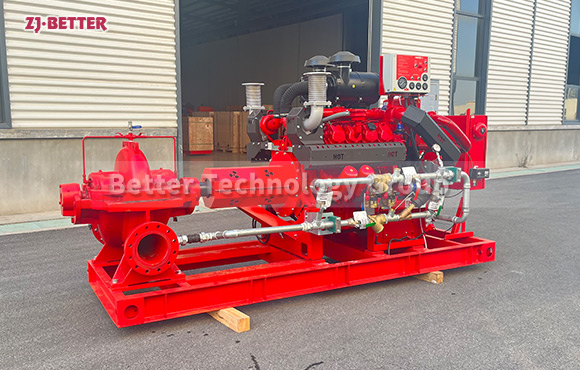
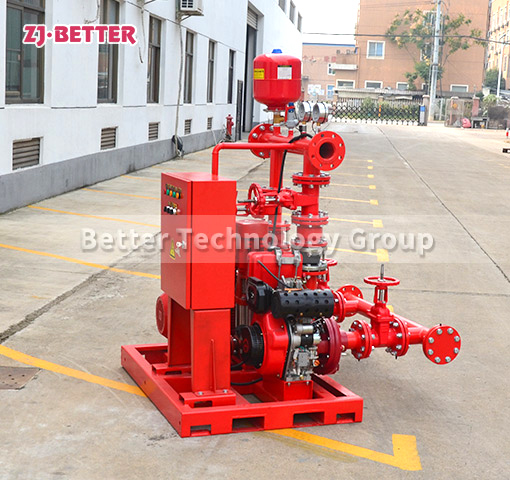
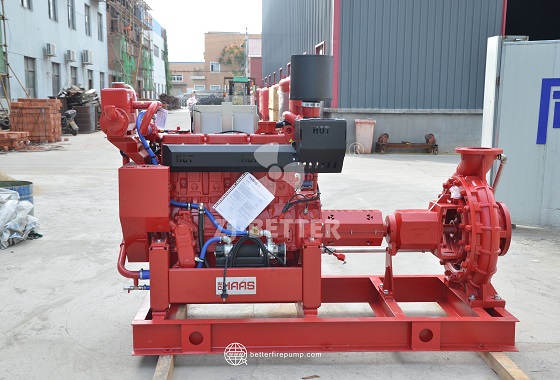
.jpg)

